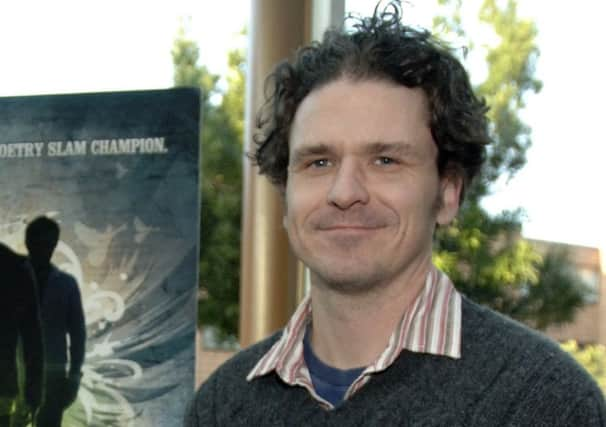Book review: The Parade, by Dave Eggers


In his past few novels he has addressed such topics as the economic crash, in A Hologram For The King, utopian tech companies waging a war on privacy in The Circle, a plethora of issues from police violence to medical aid to child abuse to war veterans in the polyphonic, dialogue-only Your Fathers, Where Are They? And The Prophets, Do They Live Forever? and weird survivalism in Heroes Of The Frontier. This new work continues his trend of writing novels which are actively engaged with the most pressing political issues of our time.
The Parade has two main characters. Both of them are American contractors, hired to build a road in an unnamed foreign country which has been riven by a civil war between the affluent North and the impoverished South, in order for the new leader to stage a triumphal and unifying march. The identity of the country is kept necessarily ambiguous, which lends a parable-like quality to the book. The protagonists arrive without passports since passports were “complications and liabilities in such a place”, and employees have been kidnapped and ransom requests sent to – in this order – the company, the family and the nation. So paranoid is the situation that the opening scene features the two deciding on their names by picking a number. So we have Four, who is a stickler for detail and an old hand at such work, and Nine, who is both more idealistic and more louche. Four will drive the new RS-80 to tar the road, Nine will scout ahead to deal with problems, whether they are animal, human or mineral.
Advertisement
Hide AdAdvertisement
Hide AdNine almost immediately goes off-piste, sleeping with the local women and eating traditional food, enthusing about his altruism and getting into trouble. But Four is not only secretive but strangely vengeful. In an opening exchange his colleague asks if he’s married. “‘No,’ Four lied.” On page ten, Nine asks “You seen any trouble?” and the reply riffs on a kind of duplicity: “Four had only been held at gunpoint twice… On previous jobs, Four had seen what he later learned was a passenger plane falling from the sky, shot down by surface-to-air missiles. He had passed wells poisoned with corpses. He once missed by minutes the scene of a crucifixion. ‘No,’ he answered.” Needless to say things do not go well between them.
This is a novel of very delicate balance. While Four is loyal but inflexible, Nine is reckless but open-hearted. Nine is almost a parody of liberal do-gooders; Four is almost a parody of a heads-down Stoic. But neither are parodies. Even without names in this curiously nameless book, there is a shimmer of the actual around them. This is a difficult thing to achieve. It would be unfair to give away how the plot unspools, but suffice to say there is a reason that it is called The Parade and not The Road. There are numerous chilling little moments. In a discussion with one of the locals, Four is warned that the way ahead is a place where “many battles took place… a region of constant atrocity. Creative atrocity.” As they creep along from depot to depot, there are small asides that make you realise the extent of the “creative atrocity”, alongside Nine’s genuine belief in the road as an artery for micro-enterprises and economic regeneration. The twists are seeded with precision, and the reader ends the book no more certain about the ethical imperatives behind the narrative. That said, there is a sentimentality that Eggers can do very well indeed. When you learn what Four is listening to on his earphones, it’s a catch-in-the-throat moment.
Eggers’ debut work was A Heartbreaking Work Of Staggering Genius, which was almost flamboyant in its style. This is more cautious, more pared back to the essentials. It is a less grotesque version of Conrad’s Heart Of Darkness, with the moral scales more carefully weighed – and like it, is novella length. To be so challenging on a small canvas is extremely impressive. In the wake of the scandals around charity workers in places such as Haiti, and the concerns around foreign contractors and their barely concealed racism, it – like the previous books I mentioned at the beginning – is prescient and minatory. Occasionally a throwaway line reveals hidden depths, as when Four almost nonchalantly ponders in his suppurating resentment that the anonymous company frequently hires people with criminal convictions.
Eggers is above all a serious writer. Although there is a lean and quirky flow to his prose, this mismatched buddies road-movie – about a road for goodness sake – is urgent and angry. Ezra Pound once called literature “news that stays news.” It might well be that Eggers is making literature that unveils the fake of fake news. - Stuart Kelly
The Parade, by Dave Eggers, Hamish Hamilton, £14.99